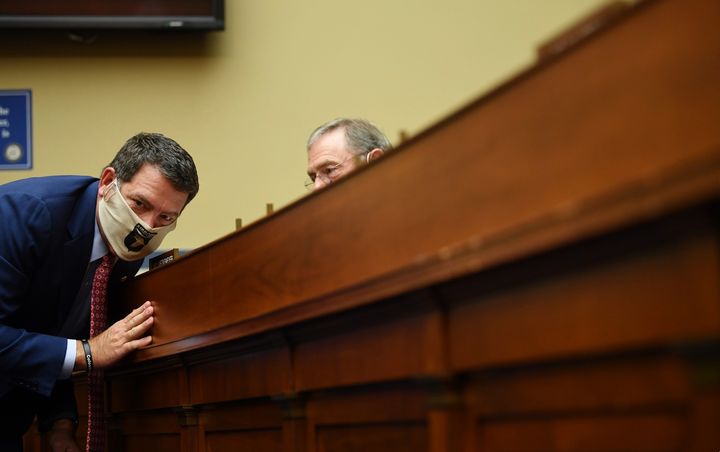Congressional Democrats aimed to address the climate crisis last year in their signature Build Back Better Act (BBB). But while a physical infrastructure bill was signed into law in November that showers funding on roads and fossil fuel infrastructure projects, the fate of the BBB this year and its much larger investments in reducing greenhouse gas emissions is uncertain.
If the BBB’s environmental measures are removed, as a major clean energy standard was, or weakened, as provisions on methane could be, fossil fuel companies and pipeline providers could continue to profit for decades from extracting and burning polluting fuel, producing emissions far beyond what scientists agree can be accommodated.
While Congress was considering the bipartisan infrastructure framework (BIF) and the BBB, several U.S. House members were making frequent trades in the stocks of oil and gas pipeline companies that stand to benefit from BIF’s provisions, especially combined with the BBB’s stalling out in the Senate. Second-term conservative Rep. Mark Green (R-Tenn.) throughout 2021 made hundreds of pipeline and midstream energy company stock trades with the maximum value of the sales and purchases worth tens of millions of dollars.

